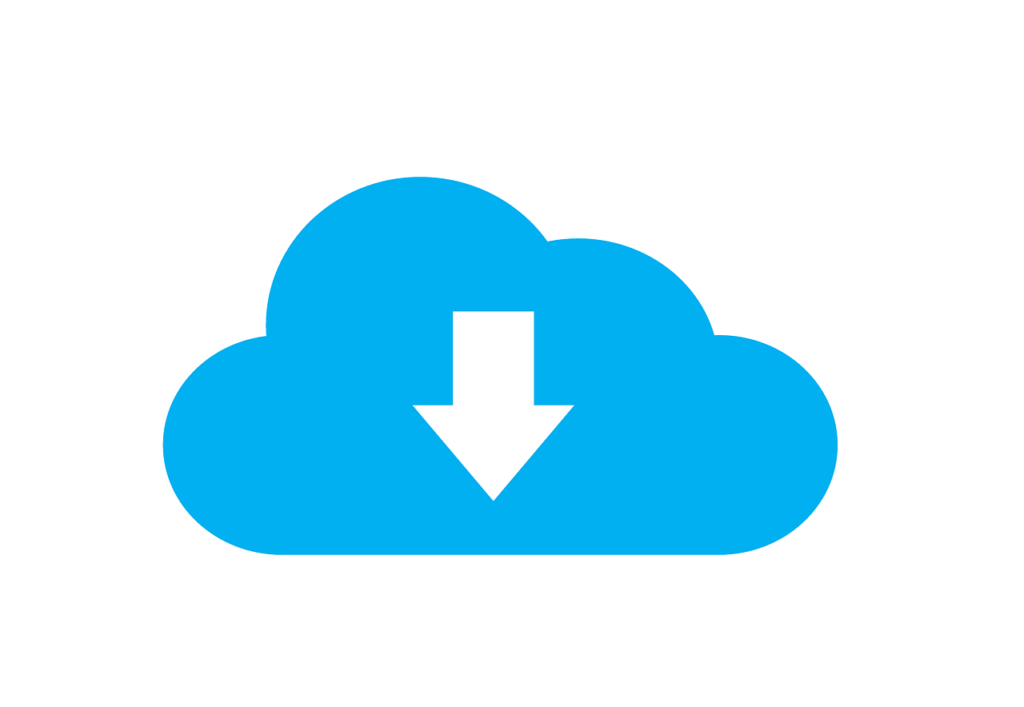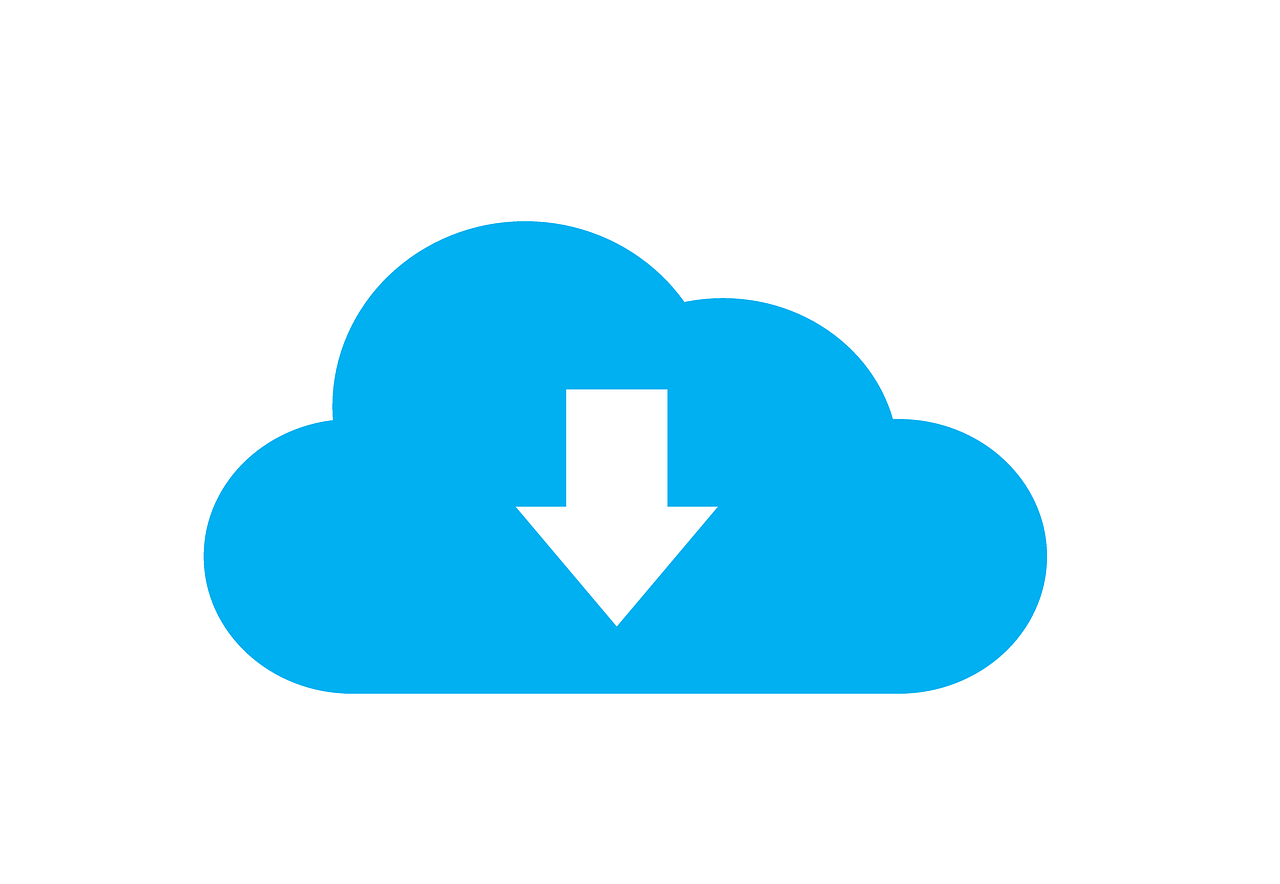Pros and Cons of Cloud Storage: Recently cloud storage is one of the most popular solutions for people and companies to store their information. But is it the best option for everyone? In this blog, we decided to give you a clear view of what cloud storage does for you looking at both the advantages and the disadvantages of using it. It helps you to understand that for your photos’ backup or storing huge business files, cloud storage can either be helpful or the opposite, depending on specific aspects.
Table of Contents
What is Cloud Storage?
However, to look at the strengths and weaknesses of cloud storage, one must first have an idea of what it means to have cloud storage. In its simplest form, cloud storage can be defined as the storage of data in and through the internet rather than local storage devices including the hard disk or USB drive.
Examples of popular cloud storage services include:
- Google Drive
- Dropbox
- Apple iCloud
- Microsoft OneDrive

These services allow users to store, organize, and retrieve their documents from any location in the world where a user has an internet connection. But again like any other technology, it has its merits and demerits. Let’s take a closer look at the pros and cons of cloud storage.
The Pros of Cloud Storage
- Accessibility From Anywhere
The benefit of using cloud storage is the fact that you can retrieve your documents at almost any place. Regardless of whether you are at home, in a coffee shop, or anywhere around the world, all you require is a web connection to access your files. This makes it very suitable for working from home, for students, or for anyone who needs their documents on the move.
The pros and cons of cloud storage are often weighed by this feature. The convenience of accessing files from multiple devices can be a huge time-saver for individuals and businesses alike.
- Automatic Backups
Today, there are several types of services where the data is stored in the cloud, most of which have an automatic backup feature installed. This means your files are updated back up in the background without having to do anything at all. This can prevent you from the frustration associated with losing data through deliberate deletion hardware failure or some other unanticipated reason.
Automatic backups are one of the leading pros and cons of cloud storage, making it a reliable safety net for digital files.
- Cost-Effective
This is evident, especially with external hard disks which although can be costly, cloud storage normally has economical tariffs. Most services offer a basic level service without charge but these come with very little space and there is always a nominal charge for additional space. If you don’t require a sizeable amount of storage space, business cloud services are significantly more cost-effective than purchasing equipment.
The pros and cons of cloud storage often include cost considerations, and for many users, the lower upfront costs of cloud storage are a key advantage.
- Scalability
Cloud storage is very elastic, which simply means that you can expand or shrink your amount of storage as you please. Also, and this is another major advantage, as the business expands or the amount of data used increases, one is just able to buy more company space. This flexibility is most helpful during the preparation of data on relatively short notice as would be expected in growing companies.
The pros and cons of cloud storage involve the ability to scale according to your needs, making it an ideal solution for businesses.
- Collaboration and File Sharing
Cloud storage services help multiple people work with the same files at the same time online. This helps the functioning of teams that are located in different stations by not having to forward physical files. Most programs such as Google Drive and Dropbox offer collaboration tools for sharing and editing files among groups of people.
This feature of cloud storage makes the pros and cons of cloud storage especially favorable for businesses and teams that work remotely or require frequent collaboration.

The Cons of Cloud Storage
- Security Concerns
Another obvious disadvantage of processing cloud storage is vulnerability to hacking attacks The most common criticism of cloud storage is its susceptibility to hacking. That means that when you are storing your files on an online platform; they are prone to hackers, cyber-attacks, or any form of access without permission. Despite the strong security measures that most cloud providers dedicate to it, no cloud is completely secure. It is therefore important for users protecting their data to ensure they follow very important measures such as the use of strong passwords and two-factor authentication.
The security risks associated with cloud storage are a major point in the pros and cons of cloud storage debate. Understanding how to protect your data in the cloud is essential.
- Dependence on Internet Connection
Cloud storage works based on only one main factor which is having an able internet connection. If you are in a region where there is a weak internet connection or having a technical issue with your connection then this software has limitations in terms of accessing your files and even uploading. This could be quite inconvenient when you are in the midst of something and want to pull up some data.
The pros and cons of cloud storage often hinge on the availability of a reliable internet connection, which can be a limiting factor in certain situations.
- Data Ownership and Privacy Issues
To add salt to your bleeding, despite the much-touted promise by vendors of cloud storage that your data is safe, the files are hosted on third-party servers. There can arise questions of ownership and confidentiality of data in this case. For instance, your data with the cloud provider might be vulnerable if the cloud provider is served a subpoena or gets into a lawsuit.
The issue of data privacy is a common consideration when evaluating the pros and cons of cloud storage, especially for individuals or companies that deal with sensitive information.
- Potential for Data Loss
Unfortunately, despite representations made by the developers of cloud storage services, these services are not perfect. Some cases include the outsourcing firm suffering a technical hitch, or an outage that can make it a tad possible to lose the data permanently or even temporarily. While choices for cloud storage need to tackle problems like these, most cloud services have backups for such maladies.
The potential for data loss, although rare, is a key con of cloud storage that users need to be aware of.
- Ongoing Subscription Costs
Although utilizing the cloud storage space may be cheaper in the beginning, the subscription cost for the services might be slightly high. Most of the cloud vendors provide a certain amount of free storage and after that users have to pay further for space. In the long run, this constant expense is more than coming up with physical storage systems other than the cloud.
This ongoing expense is often highlighted in discussions about the pros and cons of cloud storage, particularly for users who may only need occasional storage.

How to Make the Most of Cloud Storage
To fully take advantage of the pros and cons of cloud storage, it’s important to understand how to use cloud services effectively. Here are a few tips to help you get the most out of cloud storage:
- Choose the right provider: Not all cloud storage services are created equal. Make sure to pick one that meets your needs, whether it’s for personal or business use.
- Back up your data: Even though cloud storage offers automatic backups, it’s still wise to keep local backups on external drives or other media, especially for important files.
- Use encryption: If privacy is a major concern, look for cloud storage providers that offer end-to-end encryption or encrypt your sensitive files yourself before uploading them.
- Set up sync features: Many cloud storage providers allow you to sync files across devices. This can be particularly useful if you need to access your files on multiple devices or share them with others.
Conclusion: Should You Use Cloud Storage?
Therefore, it can be said about the main advantages and disadvantages of using cloud storage: everything is individual. Indeed, for those interested in convenience, accessibility, and automatic backups, Cloud Storage is the right answer. However, if privacy and data security are your top priorities, you would want to find some other site to use or at least be more careful with your choice of app.
From personal cloud storage for photo preservation to business storage needs that are highly likely to expand, cloud storage is a lifesaver. It will also help you to avoid the disadvantages of this cloud storage and make you able to use this technology effectively.
FAQs about pros and cons of cloud storage
- Is cloud storage safe for storing sensitive information? Cloud storage can be safe, but it’s important to choose a reputable provider and use encryption and strong passwords to protect your data.
- Can I use cloud storage for large files? Yes, many cloud providers offer large storage capacities, making it possible to store and manage large files such as videos, images, and backups.
- How do I recover my data if the cloud provider experiences a failure? It’s always a good idea to have a local backup of your critical data, just in case there is a cloud storage outage or failure.
